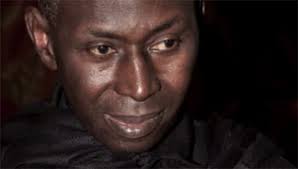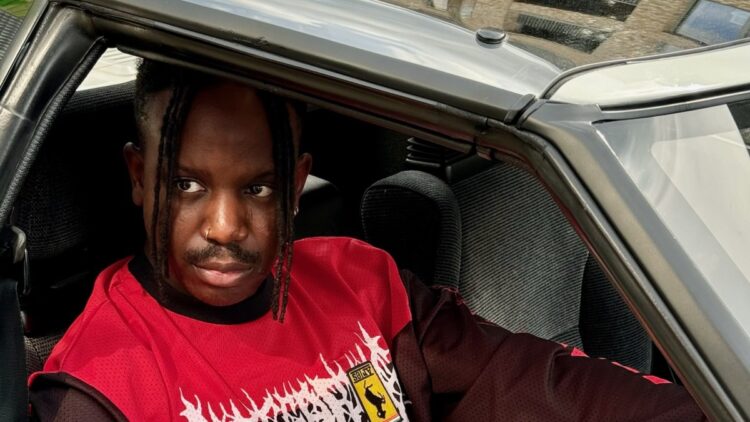A sociologist with historical flair: Honors for world-famous Senegalese scientist | APAnews

The Senegalese academic died last Sunday at the age of 73 in Paris, France, after a long illness.
Those who knew him speak highly of his immense contributions to intellectual circles.
“Who has not come across the name Momar Coumba Diop in the last 40 years of research into social change and anthropology in Senegal?
With these words, a young Senegalese journalist paid tribute to the memory of a prolific researcher.
The deceased directed or co-wrote a number of works, including Le Senegal sous Abdoulaye Wade; Le Sopi for the proof of your power; Contemporary Senegal; Le Senegal under Abdou Diouf, State and society; Senegalese society interconnected between the local and the global level; Senegal: Developments of a state (1960-1990); The construction
of the State of Senegal; Senegal (2000-2012). Public institutions and policies must be controlled by a liberal government. Governor of Senegal.
His other contributions include: Between structural adjustment and sustainable development; Political figures in Africa. We are possessed by the powers entrusted to us. and The Senegal of migrations. Mobilities, identities and societies.
Momar Coumba Diop taught sociology at the Faculty of Literature and Humanities (FLSH) of the Université Cheikh Anta Diop (UCAD) in Dakar from 1981 to 1987 before moving to the Institut fondamental d’Afrique noire (IFAN).
In 2023, his colleagues Ibou Diallo, Ibrahima Thioub, Alfred Inis Ndiaye and Ndiouga Benga presented him with a 720-page book entitled “Comprendre le Senegal et l’Afrique d’aujourd’hui” (Understanding Senegal and Africa Today).
About forty academics from different countries of the black continent have written high-quality testimonials
or contributions that refer to or supplement his work.
Flowery homages
Professor Momar Coumba Diop was one of the leading minds in social science research in Senegal and Africa. Cheikh Anta Diop University in Dakar, the temple of knowledge where he shared his encyclopedic knowledge, mourns the death of a “great researcher” in the humanities and social sciences.
“Momar Coumba Diop left posterity numerous works that set standards for understanding the major problems of our country and the world. As a major intellectual, he was able to compensate for his vocal problems with an enormous scientific work. We will miss the depth of his thought,” said Mademba Ass Ndiaye, a former journalist.
El Hadj Hamidou Kasse, a journalist, philosopher by training and special adviser to former President Macky Sall, said that “Momar Coumba Diop, a prolific and generous intellectual, is Senegal’s most productive sociologist” because “several works under his leadership have shed light on the development of our country”.
Even people who are hardly known to the general public paid warm tribute to the scientist who has been leading research into the state of Senegal since the late 1980s. “Momar Coumba Diop
was a sociologist with a historian’s flair, a collector of knowledge, and a generous and kind-hearted man of discretion. May the earth be his light,” wrote Rama Salla Dieng.
Editions Karthala, argued that he “mobilized through his thought and productions new ways of understanding Africa in general and Senegal in particular.”
No prophet in your own house
Alioune Tine, founder of the Afrikajom Center think tank, praised Momar Coumba Diop highly: “He left us in a spirit of discretion, which was one of the hallmarks of his ethos. He was a prolific sociologist and political scientist of great intellectual rigor. His publications on the development of the state of Senegal and our democracy, which he co-authored with scholars such as Abdoulaye Bathily, Mamadou Diouf, Jean Copans and Aminata Cisse, are of exceptional quality.”
The human rights activist recalled the time he spent with the deceased. “He passionately followed with me the different phases of the recent democratic crisis in Senegal. We continued to talk when he was in Paris (France) and I was in Brussels (Belgium) in March-April 2024. The last time we spoke was on June 24. We arrived at the Faculte des Lettres et Sciences Humaines at the same time. We shared the same corridor with Souleymane Bachir Diagne, Aloyse Ndiaye, Semou Pathe Gueye, Malick Ndiaye, Elimane Kane… With Professor Abdoulaye Bara
“Diop and I spent two months in Pyongyang, North Korea, in the early 1980s at the invitation of the government,” recalls Mr Tine.
“Even if the man is not a prophet in his own house because he did not receive the recognition he deserved during his lifetime, he enjoyed immense respect within the research community,” concludes Seydou Ka, a journalist for the national daily newspaper Le Soleil.
ID/te/Sf/fss/as/APA



